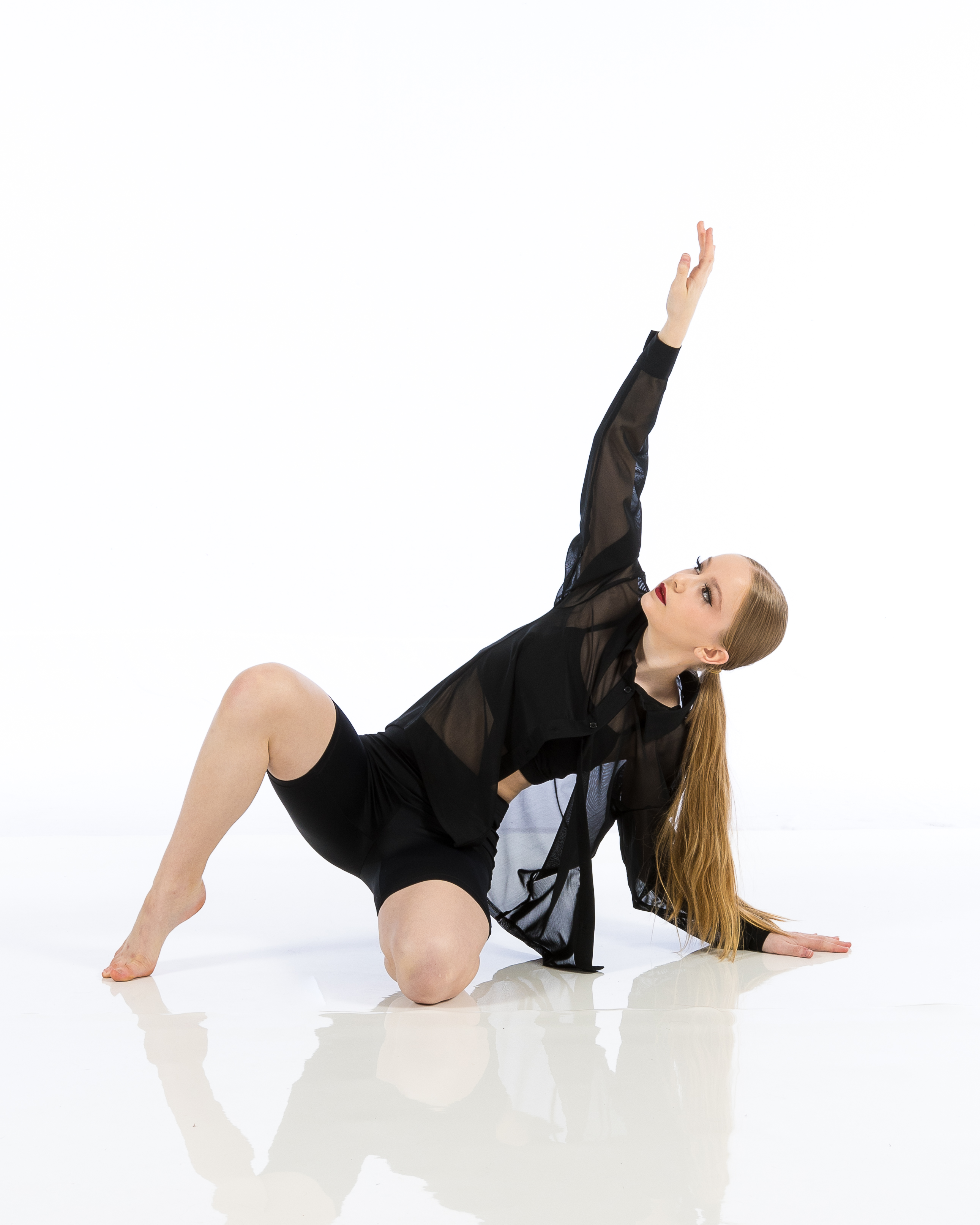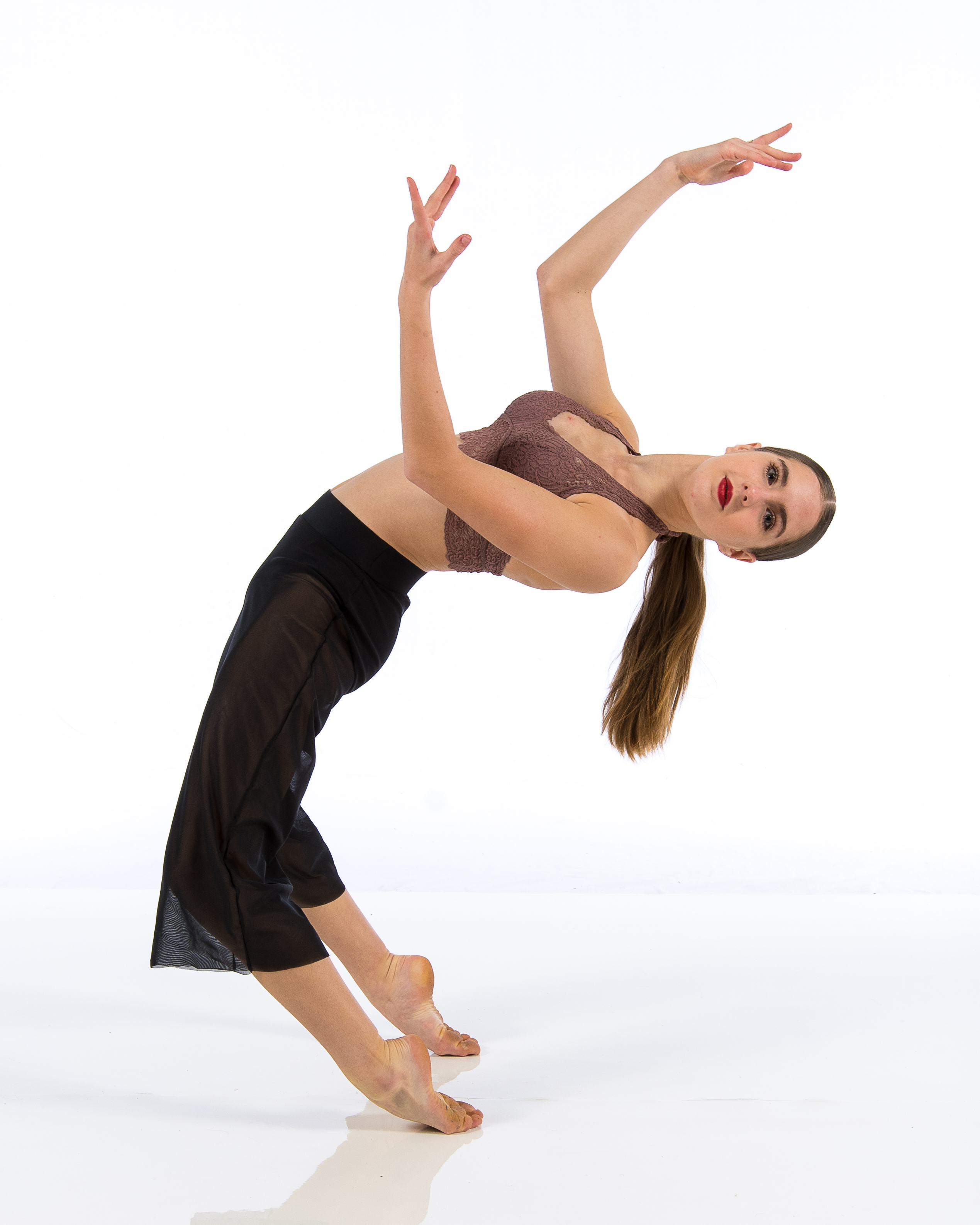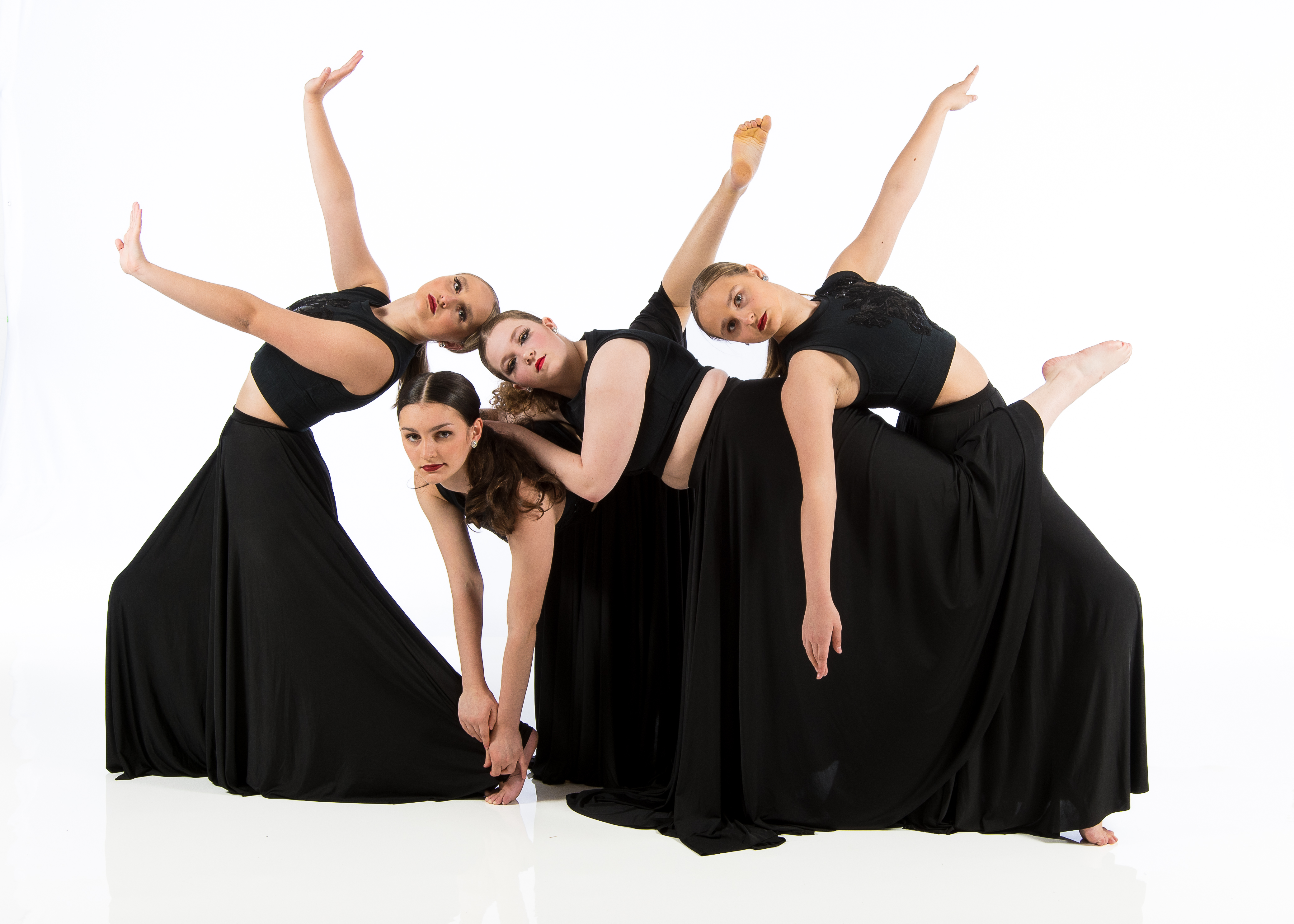Introduction
Dance is an art type that transcends barriers, unites neighborhoods, and ruptureds with the vigor of human expression. Whether you're a budding professional dancer entering a dance studio for the very first time or a skilled performer seeking to improve your craft, recognizing dance studio rules is necessary for guaranteeing a positive experience. This considerable guide labelled From Newbie to Professional: Browsing Dance Studio Etiquette for a Harmonious Experience will take you via every element of dance studio actions, providing insights that will certainly elevate your experience and foster stronger relationships within the dance community.
Understanding Dance Studio Etiquette
What is Dance Studio Etiquette?
Dance studio rules describes the collection of customs and social norms that control actions in a dancing class setup. Similar to any kind of various other imaginative environment, valuing these guidelines can improve not just your understanding experience however additionally that of your peers.
Why is Dance Studio Rules Important?
Adhering to correct decorum assists create an atmosphere of regard, emphasis, and partnership. It fosters a feeling of neighborhood and allows professional dancers to support each various other in their growth while decreasing interruptions throughout class.
From Novice to Specialist: The Significance of First Impressions
Preparing for Your Initial Class
Walking right into a dance studio for the first time can be nerve-wracking. To make a remarkable first impression:
- Dress suitably: Put on comfortable clothes suitable for the type of dance you're studying. Arrive early: Goal to arrive at the very least 10-- 15 minutes prior to course starts. This provides you time to sign in, heat up, and settle in.
Greeting Your Instructor
A friendly welcoming sets the tone for your experience. Constantly introduce on your own if it's your excellent! A simple "Hello there" or "Good morning" can go a lengthy means in developing rapport.
Classroom Conduct: The Do's and Do n'tshtmlplcehlder 46end.
Do's: Favorable Behaviors
Be Respectful: Respect everyone's personal space-- particularly when practicing moves. Listen Actively: Program attentiveness when trainers are speaking; it reveals you value their guidance. Support Your Peers: Motivate fellow professional dancers; positivity types encouragement.Don'ts: Adverse Behaviors
Avoid Diversions: Maintain individual discussions outside the classroom. Don't Use Your Phone: Silence your phone during course; it's disruptive. Refrain from Interrupting: Wait till the trainer surfaces prior to asking questions.The Role of Individual Space in Dance Studios
Understanding Boundaries
Personal area varies from one person to another, particularly in a dancing setting where physical distance is commonly needed throughout method routines.
Communicating Convenience Levels
If you feel awkward with just how close another professional dancer is obtaining throughout partnered exercises or developments, it's crucial to communicate this pleasantly and professionally.
Maintaining Professionalism and reliability: Gown Code and Grooming
Importance of Correct Attire
Each dancing style typically has its own dress code-- whether it be leotards for ballet or baggy garments for hip-hop courses-- adhering to these criteria demonstrates respect for both your craft and your instructor.
Personal Health Matters
Dancing requires physical exertion, which can lead to perspiration. Ensure you keep great hygiene by showering before class and wearing clean attire.
Behavior During Course: Focusing on Learning
Engaging with Instruction
It's crucial to stay focused throughout demos. As opposed to simply viewing, actively engage by visualizing how you would carry out each movement.
Asking Questions Appropriately
Curiosity improves finding out! If something isn't clear, feel free to ask questions-- however guarantee they matter and posed at ideal times (preferably after directions).
Feedback: Embracing Positive Criticism
Accepting Comments Gracefully
Constructive criticism is component development in any art form. Embrace feedback with an open mind and stay clear of ending up being defensive; bear in mind that critique aims to aid enhance your skills!
Offering Responses Thoughtfully
When providing comments to peers, guarantee it's constructive as opposed to important; focus on what they succeeded along with locations for improvement.
Creating Consistency Through Teamwork
The Relevance of Group Spirit
In many dance styles, teamwork plays a pivotal duty; developing friendship with fellow professional dancers causes enhanced performances.
Collaborating Throughout Group Exercises
When associated with group projects or professional dance academy choreography techniques, encourage imagination by respecting every person's concepts while likewise contributing yours constructively.
Handling Conflicts Gracefully
Addressing Disputes Maturely
Conflict may develop as a result of misunderstandings or differing viewpoints on choreography options. Take on these problems independently rather than openly airing complaints which might interrupt class harmony.
Seeking Arbitration When Necessary
If disputes rise beyond personal resolution efforts-- seek guidance from teachers that can moderate successfully based upon their experience dealing with similar situations.
Post-Class Rules: Leaving on a Good Note
Thanking Teachers After Class
Always share appreciation towards your instructor after lessons; this reinforces favorable connections while acknowledging their hard work!
Keeping the Studio Clean
Whether it's grabbing canteen or nicely arranging props post-class-- maintaining cleanliness lionizes for shared areas made use of by all dancers!


Engaging Beyond Class Time: Building Neighborhood Relationships
Joining Social Events
Participate in get-togethers arranged by workshops such as displays or open houses-- these gatherings use possibilities for networking while enhancing neighborhood connections outside organized lessons!
Supporting Other Dancers' Performances
Attending peers' efficiencies shows uniformity within the dance neighborhood-- it urges involvement past mere participation at classes!
Frequently Asked Inquiries (FAQs)
1. What must I put on for my very first dance class?
Select comfortable attire appropriate for the particular style you're taking (e.g., leotards for ballet). Always inquire about dress codes beforehand!
2. Is it all right to chat throughout class?
It's ideal method not to participate in side discussions during direction as this sidetracks both teachers & & fellow pupils alike!
3. How do I take care of sensation overwhelmed?

4. Suppose I differ with choreography choices?
Express concerns pleasantly either independently or within marked comments sessions instead of freely critiquing throughout practice sessions; preserving professionalism aids fix arguments amicably!
5. Should I bring water right into the studio?
Definitely! Remaining hydrated enhances performance degrees; simply make sure containers are firmly shut so spills do not happen on floorings where others are dancing!
6. Exactly how vital is punctuality?
Punctuality is important as showing up late disrupts focus degrees while triggering disturbances; objective constantly show up early adequate allowing time workout effectively prior to classes commence!
Conclusion
Navigating with a dance studio setting can appear intimidating initially glance but grasping correct etiquette ultimately changes one's trip from newbie condition towards professional degree virtuosity! By sticking carefully recognized actions described throughout this guide entitled From Amateur To Expert: Navigating Dance Studio Rules For A Harmonious Experience *, you'll cultivate invaluable friendships within neighborhoods enriched imagination while developing technological prowess along with valued mentors! So lace up those footwear confidently step onto that flooring-- the world awaits your special expression via movement!